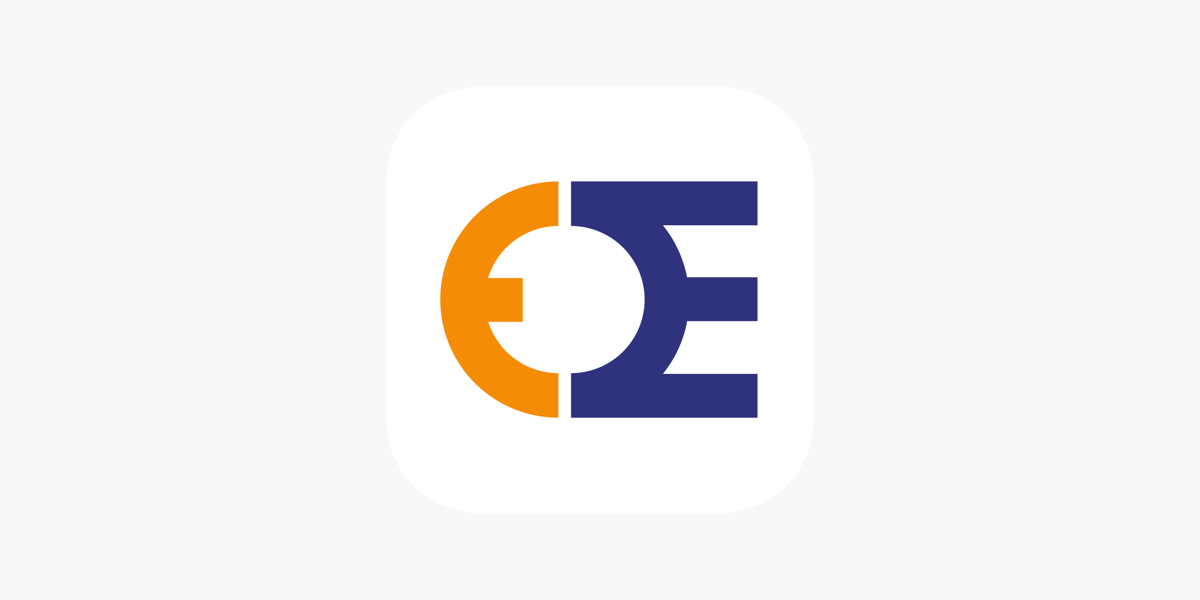Physical Address
304 North Cardinal St.
Dorchester Center, MA 02124

Are you feeling nervous about your upcoming JAMB Economics exam? You’re not the only one! A lot of students feel the pressure, but guess what? With the right game plan, passing Economics can be a walk in the park.
In this guide, we’ll show you simple, practical steps to help you ace your exam and boost your confidence. Ready to turn those worries into success? This article will give you insights on the steps to take.


The first thing you need to do is get familiar with the JAMB syllabus for Economics. The syllabus outlines all the topics JAMB expects you to know for the exam. If you know what’s coming, you can focus on the areas that matter most. The JAMB Economics syllabus is divided into several key sections like:
Example: Print out the syllabus or download it on your phone. Review it every morning before you start studying to make sure you’re on track.
ExcelMind is designed to be a comprehensive learning platform that equips students with the tools and strategies they need to excel in exams like JAMB. Here’s a detailed breakdown of how ExcelMind will help you pass Economics in JAMB:

ExcelMind follows the official JAMB Economics syllabus to ensure that you focus on the topics that matter most. The platform organizes these topics into bite-sized lessons, making it easy to track your progress and avoid missing any important areas.
One of the most effective ways to prepare for JAMB is by practicing past questions. ExcelMind offers a huge collection of past JAMB Economics questions, allowing you to get familiar with the exam format. The platform also provides mock exams that simulate the real JAMB experience.
ExcelMind provides video tutorials led by experienced Economics teachers who simplify complex topics into easy-to-understand lessons. The tutorials are designed to explain difficult concepts using real-life examples, ensuring that even students who struggle with Economics can grasp the material.
As you progress through the lessons, ExcelMind includes interactive quizzes that test your understanding of each topic. You get instant feedback, letting you know which areas you’ve mastered and where you need more practice.
ExcelMind creates personalized study plans based on your schedule, learning style, and goals. These plans help you allocate enough time to cover all the topics before your exam. The platform tracks your progress and sends reminders to keep you on track.
ExcelMind provides daily tips and strategies to help you excel in JAMB Economics. These tips range from how to tackle multiple-choice questions, manage exam time effectively, and avoid common mistakes that students often make.
You can’t pass JAMB Economics if you don’t have the right materials. Make sure you use textbooks that are recommended by JAMB. Some of the best include:
These books break down the topics clearly, so you can understand even the difficult ones.
Pro Tip: Go for textbooks that have practice questions at the end of each chapter. This way, after reading, you can test yourself immediately.
This is one of the most important strategies. The more past questions you practice, the more familiar you become with the exam format. JAMB tends to repeat questions, so practicing past questions can give you an edge. Aim to solve at least 20-30 questions a day, focusing on both the easy and difficult ones.
Real-Life Example: I know a student, Ada, who practiced JAMB past questions for an hour every day. By the time she sat for her JAMB exam, she was already familiar with almost half of the questions! In the end, she scored 280.
Consistency is key when preparing for JAMB Economics. Create a timetable that allocates specific times for each topic. Prioritize difficult topics and allocate more time to them. For example, if you find macroeconomic concepts tough, dedicate extra hours to it.
Sample Timetable:
Make sure to include breaks and revisions in your timetable to avoid burnout.
Economics is all around us. Try to relate what you’re studying to real-life situations. For example, if you’re studying demand and supply, think about how the price of rice goes up when there’s a shortage. This helps you understand the concepts better.
Real-Life Example: If you’re studying inflation, think about how the price of things like bread and fuel increase over time. Try to link the textbook definition with what’s happening in the economy.
Sometimes studying alone can be boring. Joining a study group can help keep you motivated and expose you to new ideas. You can learn from your friends and share your knowledge with them. It’s also a great way to test yourself.
Example: Set up a WhatsApp or Telegram study group with your friends. You can challenge each other to solve difficult questions and explain topics to one another. Explaining concepts to someone else helps you understand them better.
There are many terms and definitions in Economics that you need to know. JAMB often asks questions about these terms. Make sure you have a solid understanding of key terms like:
Pro Tip: Create flashcards for these key terms. You can write the term on one side and the definition on the other. Review these cards daily, especially before bed. This will help reinforce your memory.
We live in a digital world, so why not take advantage of it? There are many online platforms where you can learn Economics for free. Websites like Khan Academy and Coursera offer basic Economics lessons that align with JAMB’s syllabus. Additionally, you can use apps like “JAMB Prep” to access mock tests, quizzes, and past questions.
Example: Download the “JAMB Prep” app on your phone and practice Economics questions during your free time or when you’re commuting.
Economics has some formulas that you’ll need to memorize, especially in areas like elasticity, GDP, and cost analysis. Using mnemonics (memory aids) can help you remember these formulas easily.
Example: To remember the formula for Price Elasticity of Demand, you can create a sentence like, “Percent Change in Quantity Demanded over Percent Change in Price.” It’s easier to recall in the exam.
As the exam approaches, it’s important to revise all the topics you’ve studied. Don’t just read passively; test yourself. Try to answer questions without looking at your notes to see how much you’ve retained. Review your answers and identify areas where you need to improve.
Example: A week before the exam, give yourself a mock test. Set a timer for 2 hours and answer as many questions as you can without referring to your textbook or notes. This will help you gauge your readiness.
The final step is to stay calm and focused during the exam. Avoid last-minute cramming as it can make you nervous. Trust in your preparation and go into the exam with confidence. Make sure you arrive at the exam venue early, and don’t forget to take deep breaths if you start feeling anxious.
Read Also: 10 Best Ways to Pass JAMB Without Studying 2025
Passing Economics in JAMB is achievable if you follow the right steps. Stick to the syllabus, use the right study materials, practice past questions, and revise consistently. Remember, Economics is not as hard as it seems if you approach it with the right mindset and strategies. With hard work and dedication, you can score high and secure your place in your desired university.
Now, it’s time to take action! Start implementing these strategies today, and you’ll be well on your way to acing JAMB Economics.